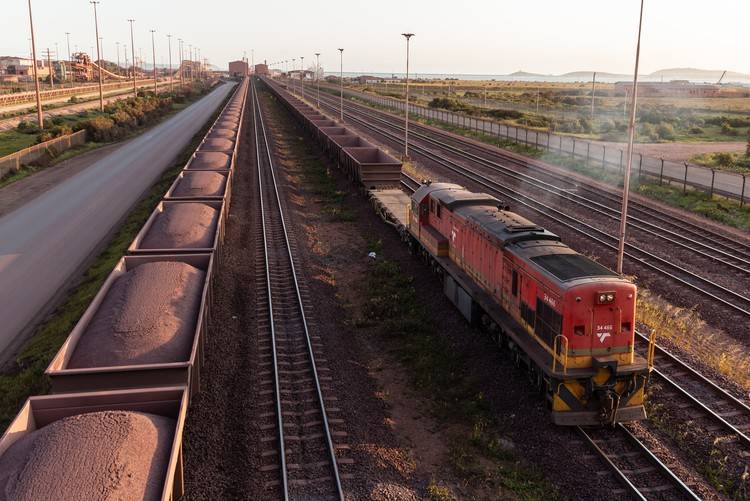
Iron ore will be transported by rail from Sieshen in the Northern Cape to Transnet Port Terminal. Photo: Ashraf Hendricks
As you drive near Saldanha Bay and Vredenburg, you will see roads, houses, signboards, trees, and cars painted red. The red dust originates from the Transnet Port terminal where iron ore from mines in the Northern Cape is loaded onto ships at Saldanha Bay Port for export.
The Saldanha terminal began operations in the 1970s and is Africa's largest iron ore exporter, according to Transnet. Iron ore will be transported by rail from the Sishen mine in the Northern Cape near Kathu to the port of Saldanha on the 861km Sishen-Sardanha railway line.
According to Transnet, an average of 58,000 tonnes of iron ore is transported by rail to Saldanha for export each year. Transnet Terminals also carries other products such as manganese, zinc and lead in small quantities.
Transnet says it has taken steps to minimize dust during unloading and on conveyor belts and that dust levels are below legal maximum levels. But residents say red dust remains a serious problem.
Frustrated residents formed the Red Dust Action Group (RDAG). The association, which has about 1,000 members on Facebook, “advocates for a clean and sustainable port in the Port of Saldanha and surrounding areas.”
Residents have been sharing photos on their Facebook pages of plumes of red dust around the Transnet terminal, as well as red dust staining the walls of houses, gutters and cars.
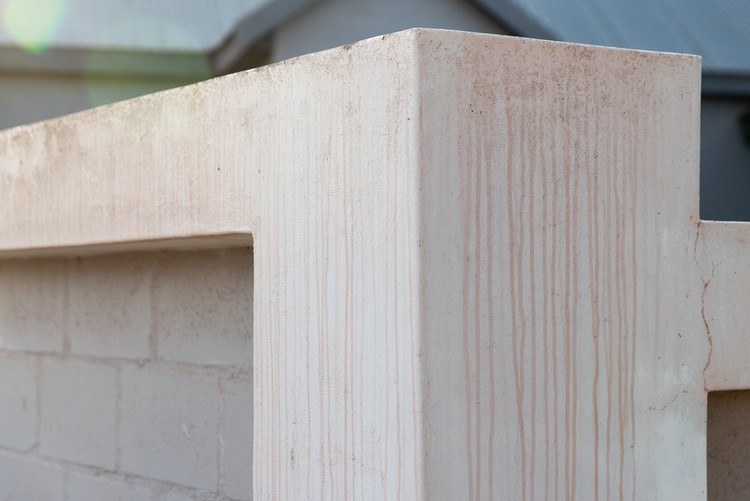
Publicly available measurements carried out by the City of Saldanha Bay show that dust emissions are within national standards.
But RDAG President Kyle Dodds said the association would be conducting its own measurements. He said the RDAG also wants to increase public participation on the issue and improve complaint handling.
The association will also propose legislation on dust emissions, specifically the National Environmental Management Act (NEMA) and the Air Quality Act.
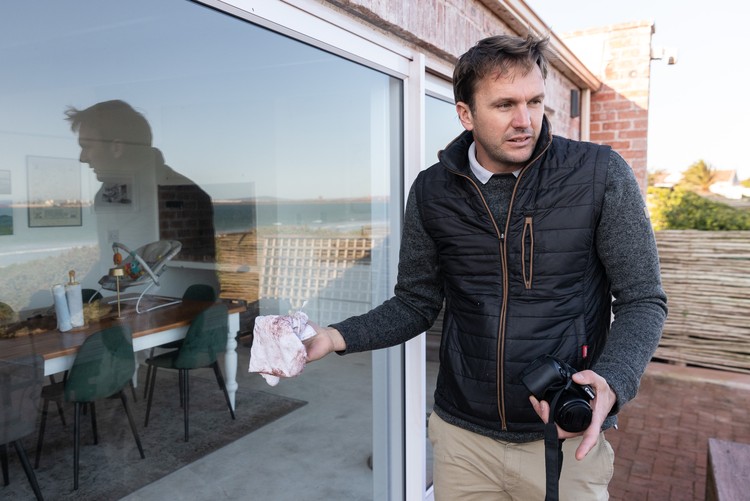
Mr Dodds said the red dust was having a major impact on people's lives.
“People are incredibly stressed and angry in this area… You can't hang your laundry outside to dry. Dogs go outside and come back covered in iron ore dust. ” he said.
He said kitchen surfaces were smeared with red dust when people left their doors open, and the building needed to be frequently repainted and signage replaced.
The dust was “incredibly penetrating,” he said. “When it gets on a surface, it doesn't just wash away, it soaks into that surface. If you're doing any kind of business, it soaks into the surface of your business. Gutter systems, signage, cars…many companies We will no longer be able to operate in the area.”
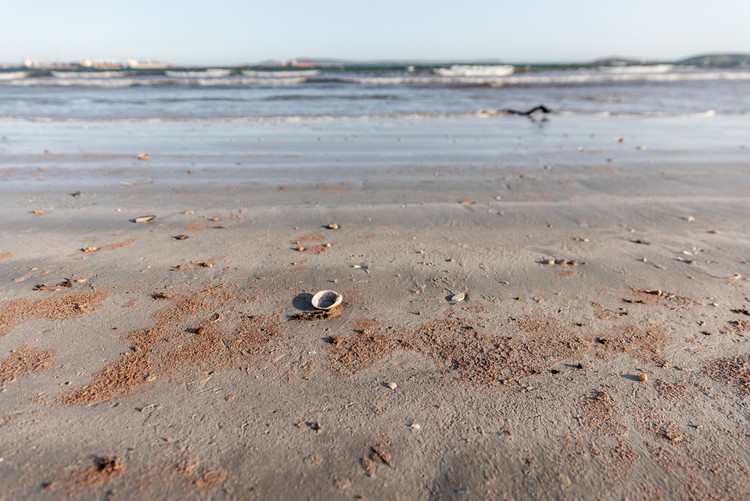
Este Noble, a resident of Saldanha Bay, said she and several other residents signed a contract with Transnet in 2018 to receive compensation for the dirt in their homes. Mr. Noble spray-painted and repainted his home. He said he expected the pollution to decrease after that, but it continued.
He said he called Transnet after a particularly bad pollution incident at his home in Bluewater Bay, Saldanha, this year. “Transnet said that according to their records, there was no release. But me and the people around me, my house is red, my dog is red, everything is red. I have to wash it all away. “It didn’t happen,” Noble said.
Transnet's response
Andiswa Mesatiwa, Transnet's regional corporate affairs and stakeholder manager, told GroundUp that Transnet had put in place several dust control measures to limit red dust at the terminal.
The terminal had invested in a “reverse osmosis plant” that desalinates seawater and uses it for dust control.
Transnet will install water points in front of the dumplers used to unload the ore to wet the ore and dose chemicals on the conveyor belt to suppress dust to remove dust as it unloads the ore. A “dust removal plant'' was also used.
Mr Mesatiwa said dust emission levels were being monitored by independent environmental consultants and had been below emission limits for “decades”. Transnet, which was asked to take measurements by GroundUp, said it needed to submit an application in accordance with the POPI Act.
“Although there may be visible harmful dust in some areas of Saldanha closest to terminal operations, this does not pose a health threat,” he said. Mesatiwa said regular meetings are being held with the community on the issue.
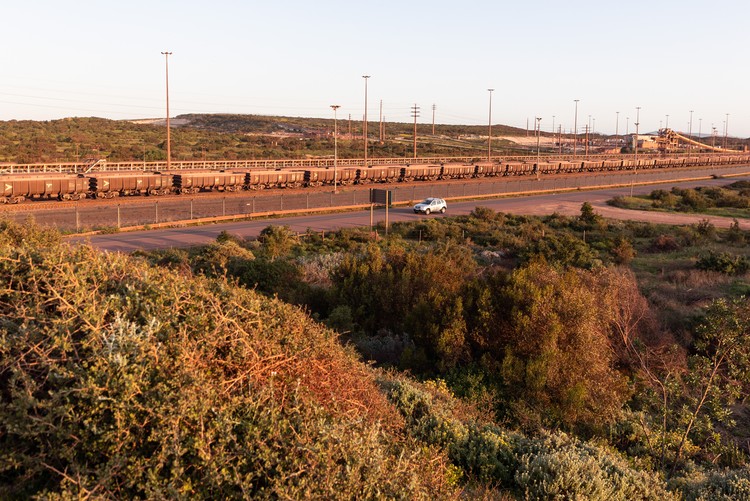
Sina Fochana, a spokeswoman for Kumba Iron Ore, which owns the Xishen mine, said Kumba was working closely with Transnet to “mitigate the impact of dust”. “
“At Kumba's operations in Xishen and Kolomera, dust suppression systems at our factories and loading stations are installed during the loading of trains before departure,” Fochana said.
Tereza Berger, spokeswoman for the City of Saldanha Bay, said the city “usually receives complaints during the windy season (October to April) when the southerly winds are very strong,” adding that complaints are minimal in the winter. He said that it can be suppressed. Complaints will be sent to the licensing authority, West Coast District Municipality (WCDM) and Transnet Port Terminal.

